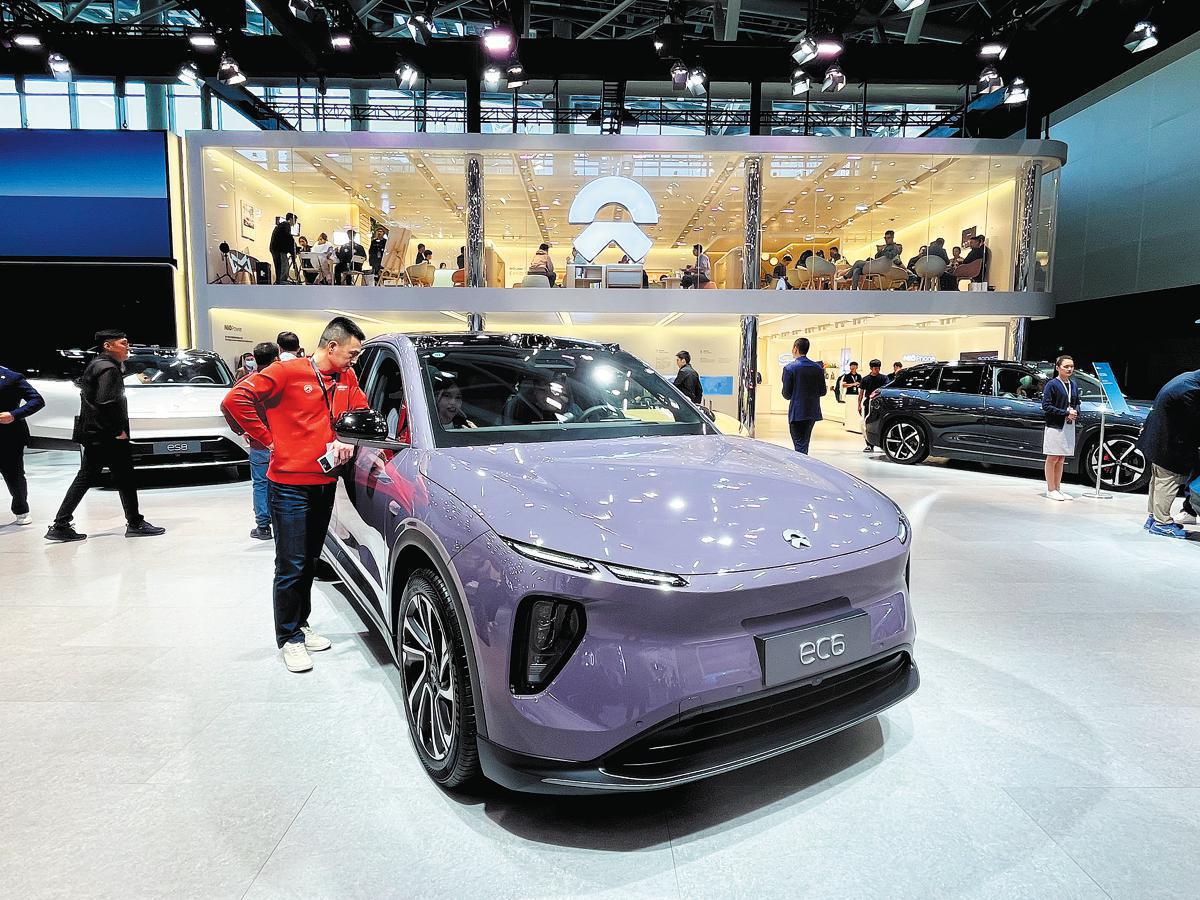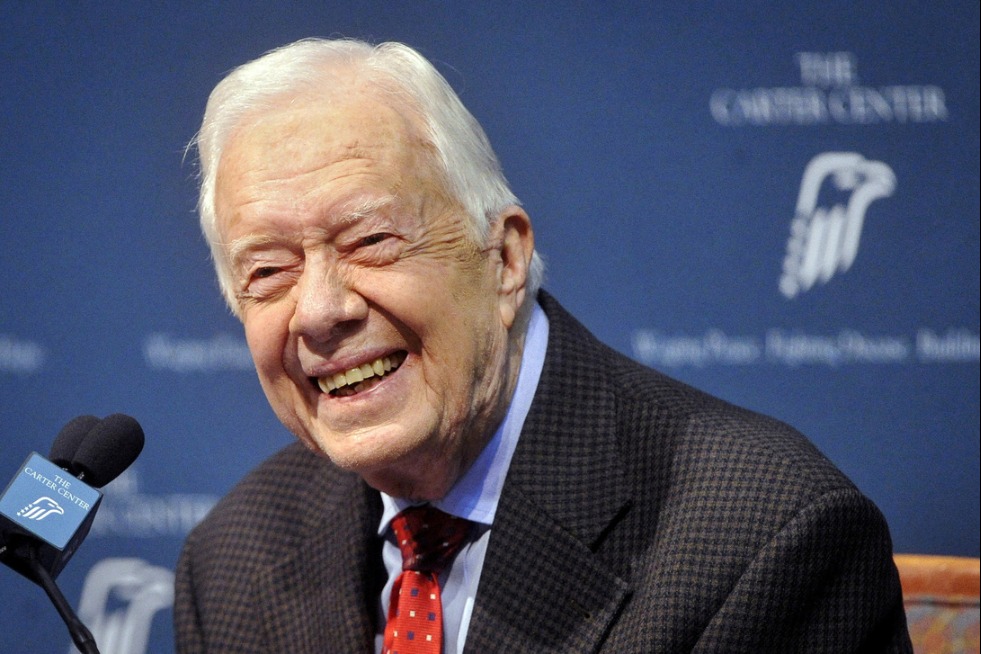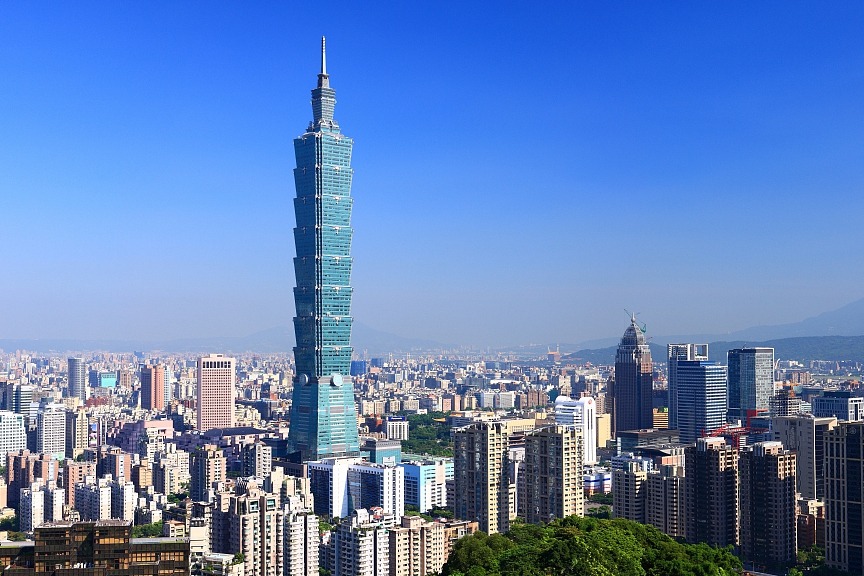Chinese EV charge driven by battery technology


From January to November 2023, China exported 4.41 million automobiles, a year-on-year growth of 58.4 percent, surpassing the 3.99 million of Japan.
What some Western media outlets and politicians have noticed is that BYD and other Chinese EV makers enjoy a big battery advantage that enables them to win the price battle. The Financial Times article that called Chinese EVs "a challenge" has to admit that BYD's "threat" comes from "its expertise in producing lithium-based batteries, the most expensive single part of an EV".
The entry of cost-effective Chinese EVs into the European market means European governments are caught in a dilemma between encouraging tram consumption and protecting domestic car companies.
The European Union and the United States are seeking to weaken the competitiveness of Chinese EVs through subsidies and tariff policies. In October, the European Commission launched an investigation against Chinese EVs.
US President Joe Biden signed the Inflation Reduction Act in 2022, which includes billions of dollars in purchase subsidies for non-Chinese EVs and he is reportedly considering additional tariffs on Chinese EVs.
Instead of blaming Chinese EV makers for having honed their competitive edge, Western media and politicians should seek to spur their enterprises to improve their technologies so they can compete fairly in the market.


































